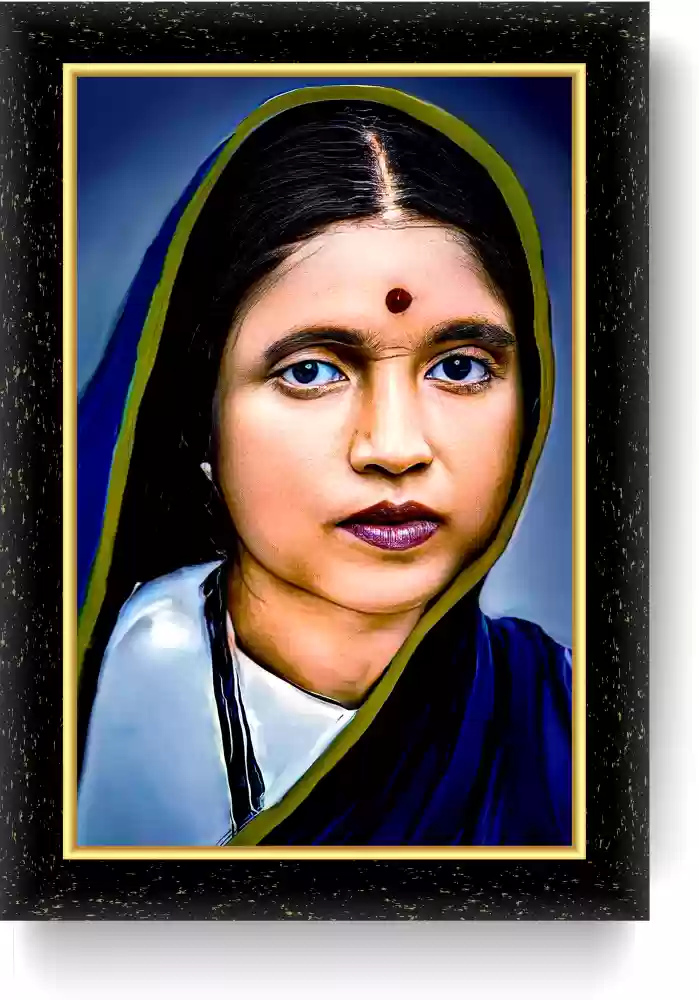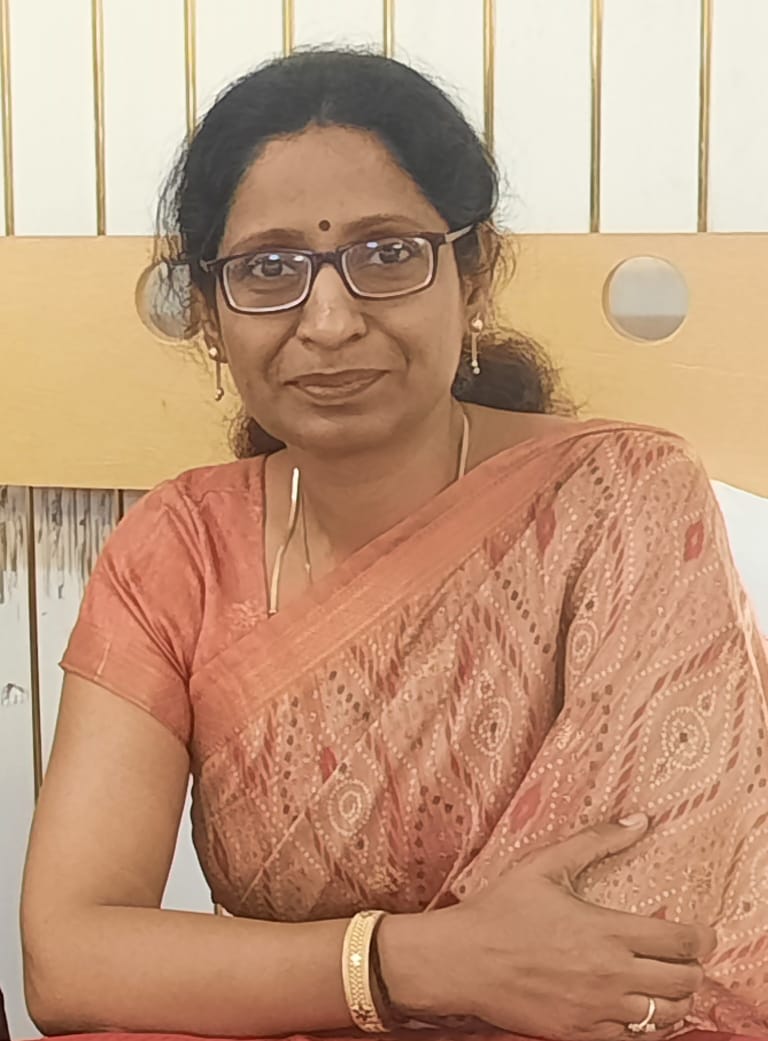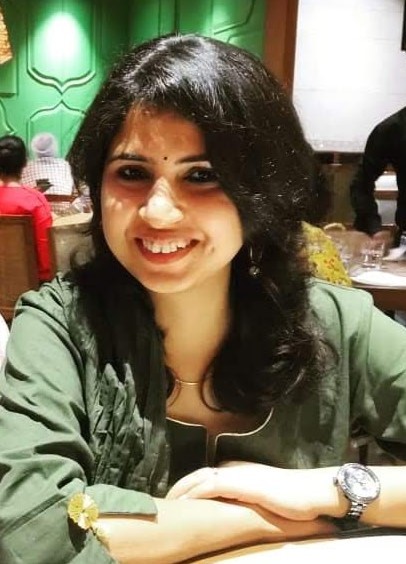Ramabai Bhimrao Ambedkar, born on February 27, 1898, in Maharashtra, India, was a social reformer, educator, and the wife of Dr. B. R. Ambedkar, one of the principal architects of the Indian Constitution. Ramabai played a significant role in the social and educational upliftment of the marginalized sections of society, particularly Dalits and women.
Ramabai's early life was marked by the challenges faced by Dalits, who were subjected to social discrimination and exclusion. Despite facing adversity, she displayed a keen interest in education, a rarity for girls in her community at that time. Her marriage to B. R. Ambedkar in 1906 marked the beginning of her journey as a social reformer and an advocate for education and empowerment.
Dr. B. R. Ambedkar's pursuit of education and his commitment to social justice profoundly influenced Ramabai. Despite facing personal and societal challenges, she actively supported her husband's endeavors and shared his vision for an equitable and just society. The couple faced opposition and discrimination, but their partnership became a symbol of resilience and mutual support in the face of adversity.
Ramabai's contributions to education and social reform were notable. She played a crucial role in the establishment of the first school for untouchable girls in Pune, the Anandibai Ambedkar Girls' School, named after B. R. Ambedkar's mother. This institution aimed to provide education and empowerment to girls from marginalized communities, challenging the prevailing norms that denied them access to learning.
Her commitment to education extended beyond the school. Ramabai was actively involved in the formation of the Bahishkrit Hitakarini Sabha, an organization dedicated to addressing the social, educational, and economic challenges faced by Dalits. The Sabha, with Ramabai as one of its prominent members, worked towards upliftment through educational initiatives, vocational training, and advocacy for the rights of Dalits.
The untimely death of B. R. Ambedkar in 1956 was a significant blow to Ramabai. However, she continued to champion the cause of social justice and education. In 1978, she established the Dr. Ambedkar College in Pune, furthering the educational legacy of her husband. The college aimed to provide higher education to students from marginalized communities, offering courses in various disciplines.
Ramabai's efforts were not confined to education alone. She actively participated in social and political movements advocating for the rights of Dalits and women. Her life reflected a commitment to the principles of equality, justice, and empowerment, which were central to the philosophy of B. R. Ambedkar.
Ramabai Ambedkar's contributions to the social and educational upliftment of marginalized communities were widely recognized. She received the 'Rajarshee Shahu Puraskar' in 1987 for her outstanding contributions to the field of education. Her life story and contributions remain an integral part of the larger narrative of social reform and empowerment in India.
Ramabai Bhimrao Ambedkar's life came to an end on May 27, 1982. Her legacy, however, continues through the institutions she helped establish and the impact of her efforts in the realms of education and social reform. She remains an inspirational figure, particularly for those dedicated to the cause of social justice and the empowerment of marginalized communities in India. Her life exemplifies the transformative power of education and advocacy in challenging societal norms and striving for a more equitable and inclusive society.





